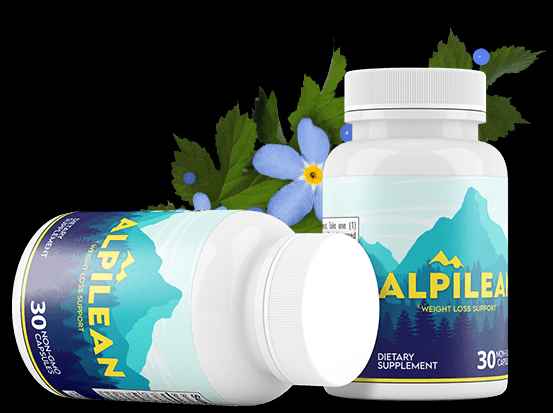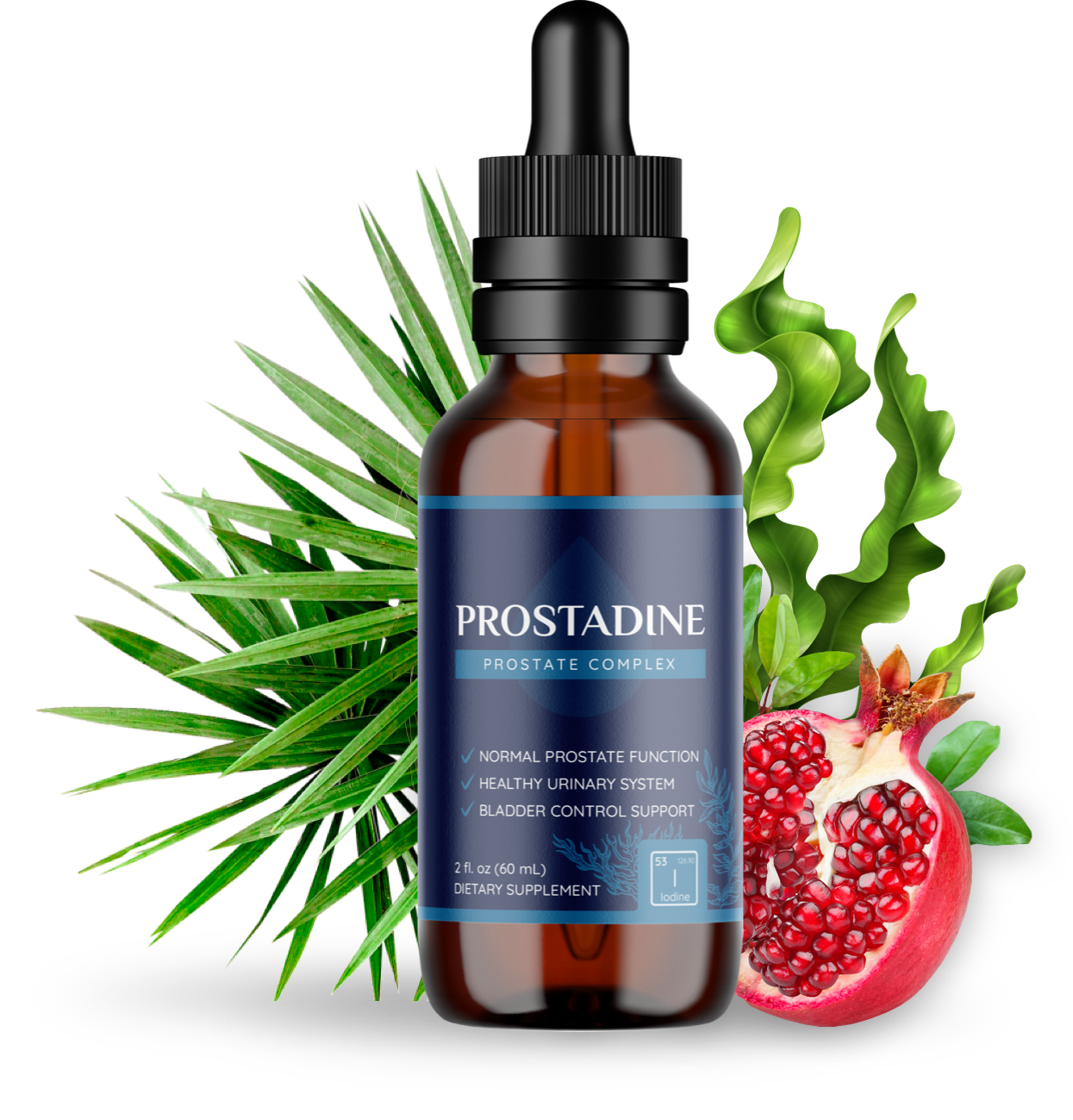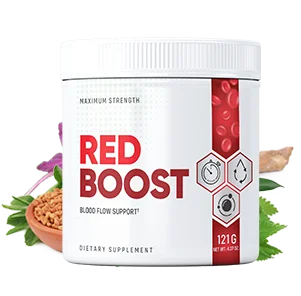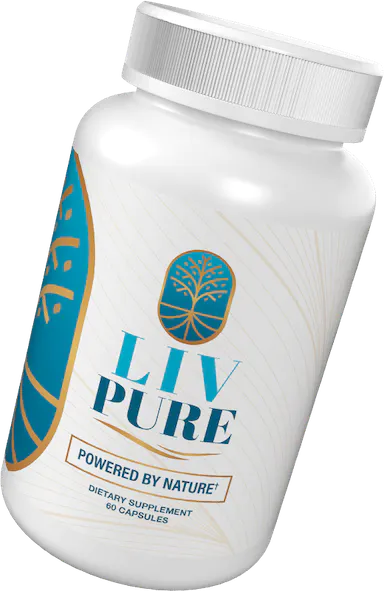Wondering if a vegan diet can provide enough protein? Learn how to meet your needs with plant-based foods and smart strategies.
The post Can You Get Enough Protein on a Vegan Diet? appeared first on MyFitnessPal Blog.
Cutting out animal products raises a common—and important—question: Can a vegan diet really provide enough protein? The short answer is yes, you can meet your protein requirements on a vegan diet (1). And no, it’s not as complicated as it might seem (1).
In this article, I’ll break down how much protein your body actually needs and the best plant-based foods to help you meet those goals. I’ll also cover how tracking your intake using MyFitnessPal can support your efforts.
With a little planning—and the right tools—you can confidently meet your protein needs on a vegan diet (1). Let’s take a look at how to make it happen.
Understanding Your Protein Needs
Protein does more than support strong muscles—it’s important for tissue repair, supporting immune health, and satiety, which can aid in managing hunger and maintaining a healthy weight (2). It also plays a role in preserving lean mass, especially as we age or increase our activity level (2).
One of the first things I do when working with new clients is assess whether they’re meeting their optimal protein needs because, while people may meet the bare minimum protein requirements, they often don’t get the recommended 1.2 to 2.0 grams per kilogram of body weight per day, which is often suggested for optimal results (3).
Of course, protein needs aren’t one-size-fits-all (4). They vary based on your lifestyle, age, and wellness priorities (4). That’s why tracking your intake can help. MyFitnessPal Guide: Protein Edition and Protein Calculator can help you personalize your target and monitor your progress, so you can feel confident you’re giving your body what it needs.
You might also like
The Best Vegan Protein Sources
One of the biggest misconceptions I hear is that you need to eat animal protein to meet your protein needs. But meeting your protein needs on a vegan diet is definitely possible (1). In fact, plant-based proteins often provide additional nutrients like fiber, iron, and antioxidants (1).
Whole food sources of plant-based protein include pulses (the umbrella term for lentils, beans, and peas), tofu, tempeh, and edamame (1). Whole grains, nuts, seeds, and their butters can also boost your protein intake when used strategically in meals and snacks (1).
For convenience, there are plenty of options. Canned beans, frozen edamame, pre-seasoned tofu, and vacuum-packed lentils can save time in the kitchen.
While I recommend prioritizing whole foods, there’s a role for protein powder
Recommended Story For You :

The alpine secret for healthy weight loss

The Most Potent Fast-Acting Formula For Incinerating Stubborn Fat

Real Cortexi Users Real Life‑Changing Results

This Cold Drink Might Trigger Your Prostate

Red Boost is a powerful new formula for boosting male sexual health.

Everything you eat or drink eventually reaches your liver for processing.

Brand New Probiotics Specially Designed For The Health Of Your Teeth And Gums
